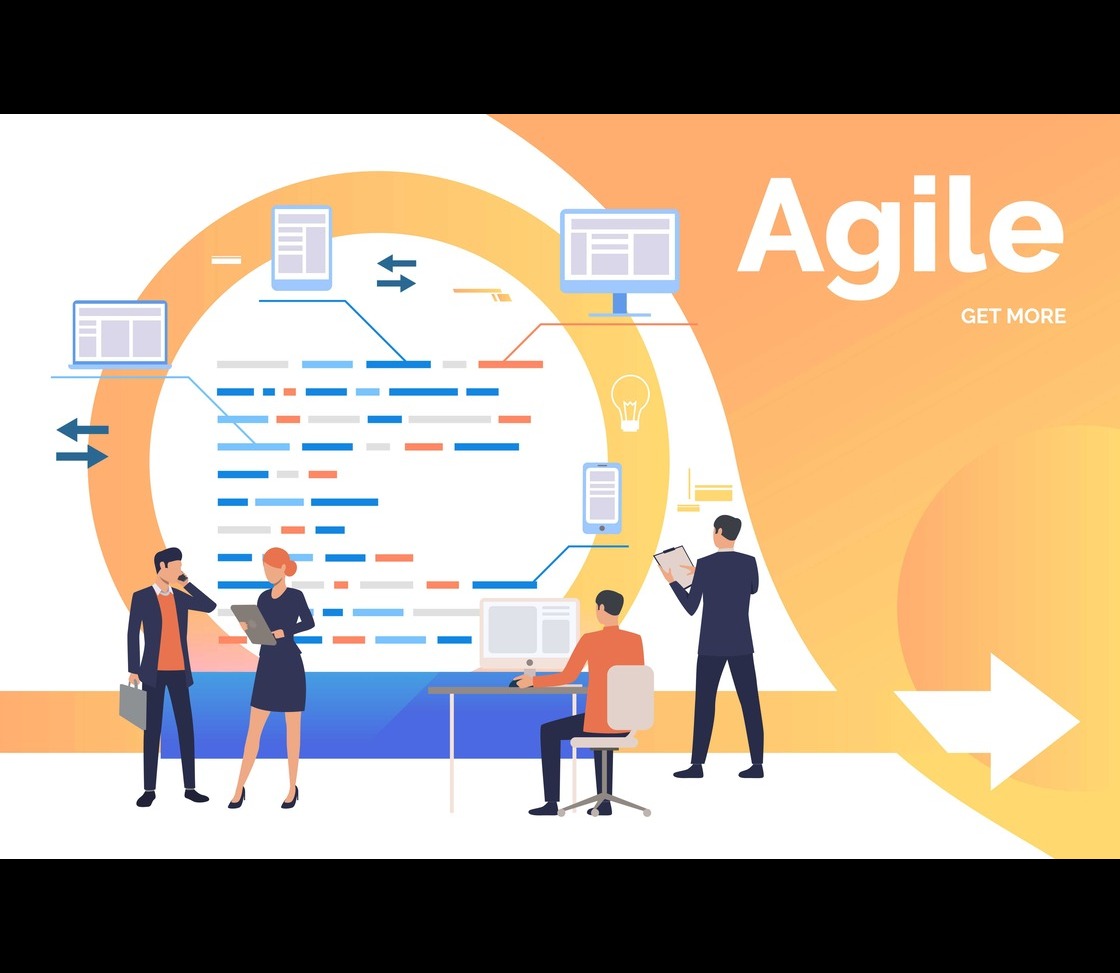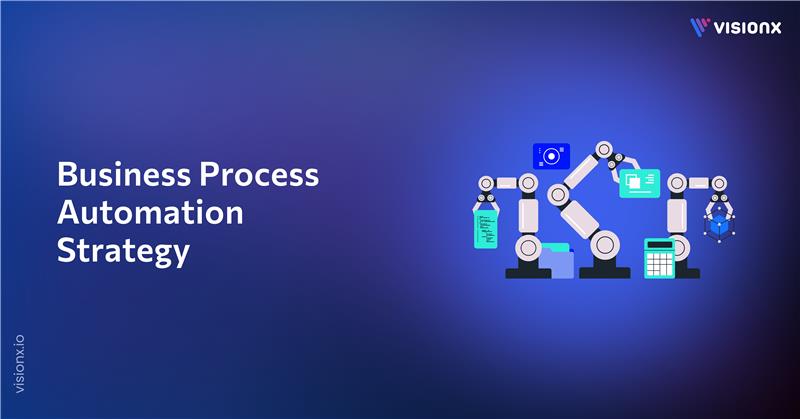Agile software development methodologies like Scrum and Kanban have revolutionized how technology teams build software, shifting from rigid waterfall processes to iterative delivery models. But as development cycles compress and DevOps matures, even nimble agile frameworks are ripe for further optimization. This is where artificial intelligence (AI) comes in – emerging AI capabilities offer immense potential to automate, augment, and improve agile software development workflows.
What is Agile Software Development?
Agile software development refers to iterative development models based on close collaboration, continual testing, incremental delivery, and adaptability to change. Instead of long release cycles, agile teams operate in short sprints to ship working software frequently. Leading frameworks like Scrum, Kanban, and XP embrace agile principles to reduce risk and optimize development.
What is AI?
Artificial intelligence refers to software systems that can simulate human-like cognition for problem-solving and decision-making. AI includes a range of technologies like machine learning, natural language processing, computer vision, and predictive analytics that allow systems to learn, reason, and automate tasks traditionally requiring human intelligence.
How Can AI Improve Agile Software Development?
AI can optimize various aspects of agile development, like effort estimation, test automation, coding, project management, and more. For example, AI techniques like machine learning can be used to build prediction models for more accurate agile planning using historical data. Computer vision can automate exploratory testing and inspect code. Chatbots can serve as intelligent Scrum assistants.
Applying AI to agile development processes offers many benefits:
- More accurate sprint planning and forecasting
- Faster test automation and defect detection
- Improved code quality and developer productivity for custom software development.
- Enhanced project insight and risk management
- Increased consistency in execution and reporting
Let’s explore the key ways AI is revolutionizing agile software development.
Use Cases of AI in Agile Software Development
Automating Repetitive Tasks
AI enables the automation of boring, repetitive tasks that take up valuable developer time during agile sprints. Some examples include:
- Using machine learning to auto-generate test cases and automated test scripts for regression testing. This frees up QA resources.
- Employing natural language processing (NLP) algorithms to turn user stories written in human language into executable test scenarios with associated test data. This jumpstarts test creation.
- Using computer vision techniques to compare UI screenshots and identify visual regressions, broken layouts, and rendering issues without manual validation. This complements QA testing.
- Applying NLP to parse code comments and documentation to auto-generate software documentation. This reduces documentation overhead for developers.
Identifying and Mitigating Risks
AI algorithms can predict risks and issues before they derail agile projects. Examples include:
- Using machine learning on past defect data to identify code modules most prone to errors. These can be prioritized for testing.
- Monitoring developer vitals and emotions using biometrics and sentiment analysis to detect burnout risk early. Proactive mitigation can then prevent turnover.
- Analyzing user feedback and reviews to detect negative sentiment shifts and determine potential user experience improvements for the product.
Improving Team Performance
AI provides data-driven insights into team and individual performance to highlight improvement areas:
- NLP algorithms parse comments in retrospectives to detect recurring themes and opportunities.
- An AI virtual Scrum master bot monitors team metrics like velocity, burn-down rate, etc., and suggests coaching when it identifies deficiencies.
- Machine learning models combine individual developer metrics like commits, tests written, defects fixed, etc., to provide personalized productivity feedback.
Making Better Decisions
AI augments human decision-making for agile projects in areas like:
- Effort estimation algorithms analyze completed story points vs. actuals to predict more accurate estimates for upcoming sprints.
- Automated risk analysis evaluates proposed requirement changes and identifies potential downstream impacts to the roadmap.
- Predictive analytics assess the impact of shifting resources between initiatives to determine optimal team allocation for sprint planning.
The right AI techniques can automate repetitive tasks, boost quality, mitigate risks, improve productivity, and enhance data-driven decisions for agile teams.
How to Implement AI in Agile Software Development?
Integrating AI capabilities into agile software development methodology requires careful planning and execution:
Start Small
Don’t attempt to apply AI across the entire dev lifecycle at once. Identify 1 or 2 clear initial use cases, like using ML for automated testing or an AI assistant for project management. Get these stabilized before expanding AI into other areas.
Choose the Right AI Tools
Research tools like Harness, Functionize, and Snyk have embedded AI capabilities tailored to software development needs. Avoid generic AI libraries with steep learning curves. Pick established tools that easily integrate with your tech stack.
Train the Models
Feed tools representative data like past unit testing results, defect data, requirements documents, etc., from your projects so algorithms can learn expected patterns. Cleansed, high-quality data is essential for accurate training.
Monitor and Optimize
Evaluate if AI implementations are positively impacting KPIs like release velocity, defect rates, risk mitigation, etc. Fine-tune tools as needed based on feedback and results. AI should facilitate measurable improvements.
Add Incrementally
Once initial AI use cases are successful, incrementally expand to new applications like using ML for predictive bottleneck detection or NLP chatbots for project status inquiries. Take learnings from initial implementations to expand judiciously.
With careful adoption, AI can transform agile software development to be smarter, faster, and more efficient. But integrate intelligently, validate impact, and iterate based on data. AI success requires the right agile approach.
Conclusion
AI technologies like machine learning, computer vision, and natural language processing offer tremendous opportunities to optimize agile software development. To summarize:
- AI can automate repetitive coding and testing tasks to boost productivity
- Intelligent algorithms help identify risks proactively so they can be mitigated
- AI provides data-driven insights to enhance team performance
- Augmenting key processes with AI leads to improved planning and decisions
- Starting small and integrating carefully is key to AI adoption success
The benefits of complementing agile methods with AI are clear: faster release cycles, higher-quality software, and more efficient teams. The time is now for development teams to start exploring and implementing AI to take agile practices to the next level.
Many leading technology firms have already incorporated AI into DevOps with great results. To learn more about getting started, check out the guide to leveraging AI in agile software development. Don’t leave these performance gains untapped – empower your agile teams with artificial intelligence today to supercharge software delivery.


